Honolulu 311: "Lean, Clean, and Smart"
The City and County of Honolulu’s app, Honolulu 311, allows citizens to use smartphones to report abandoned vehicles, broken streetlights, illegal dumping, and other issues. GovLoop Research Analyst Pat Fiorenza had the opportunity to sit down with Forest Frizzell, Deputy Director at the City and County of Honolulu, to learn more about the history behind the app.
Get the PDFChallenges
“When our Mayor took office... he said he wanted to work towards creating a lean, clean, and smart city that is looking towards the future," claimed Forest.
One of the most common challenges of implementing mobile 311 is having support from management. But with the call to be a ‘lean, clean and smart city’ from the highest-ranking public official in the city, Forest was able to run with the project.
Forest continued, “We took [former] Mayor Carlisle’s leadership as a challenge to create innovative ways for our citizens to get connected to government easier and hopefully become more involved in the process of making Honolulu the best city it can be.”
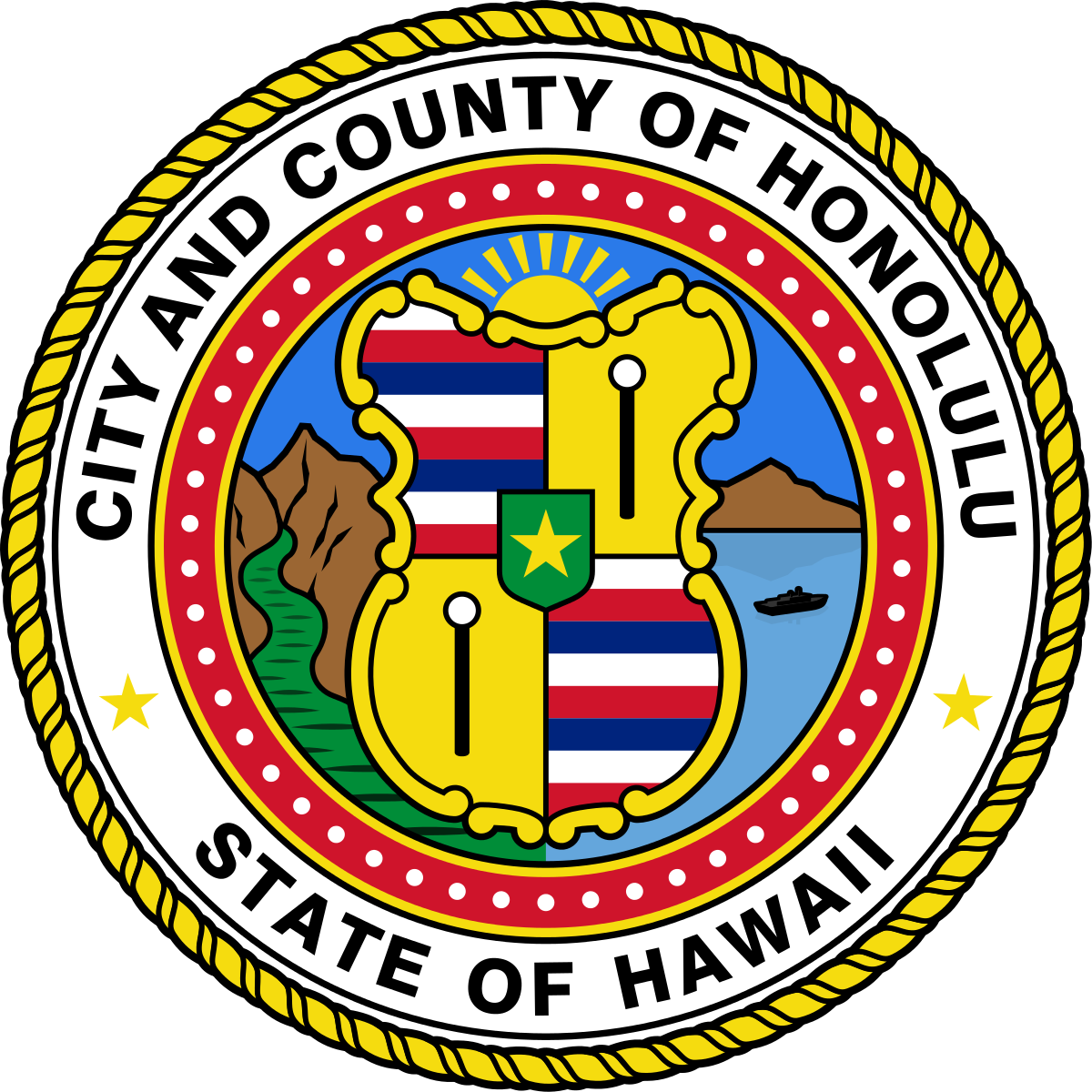
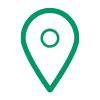
Location
Honolulu, Hawaii, USA
Population
974,563
Products
Customer Since
2012
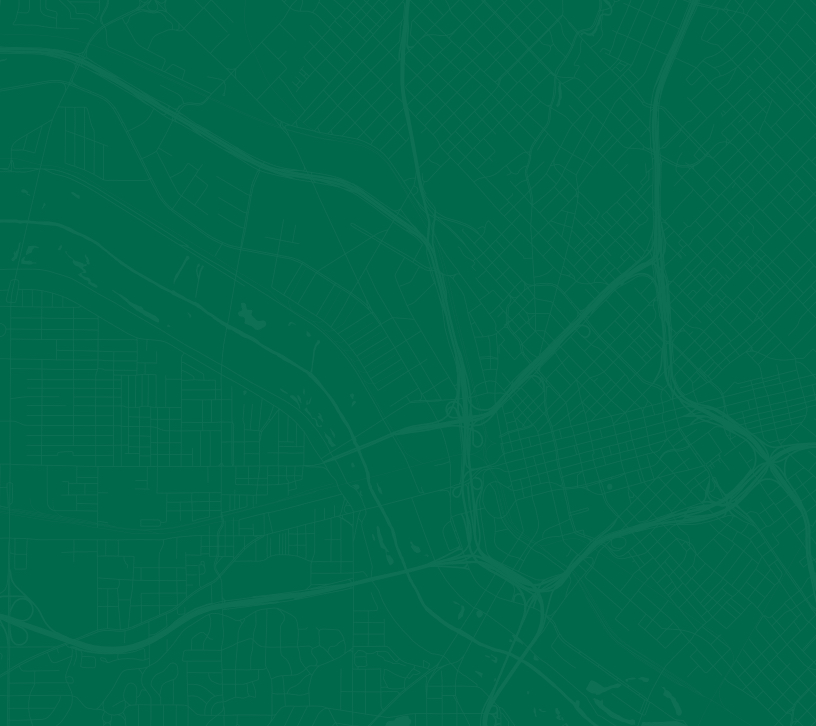
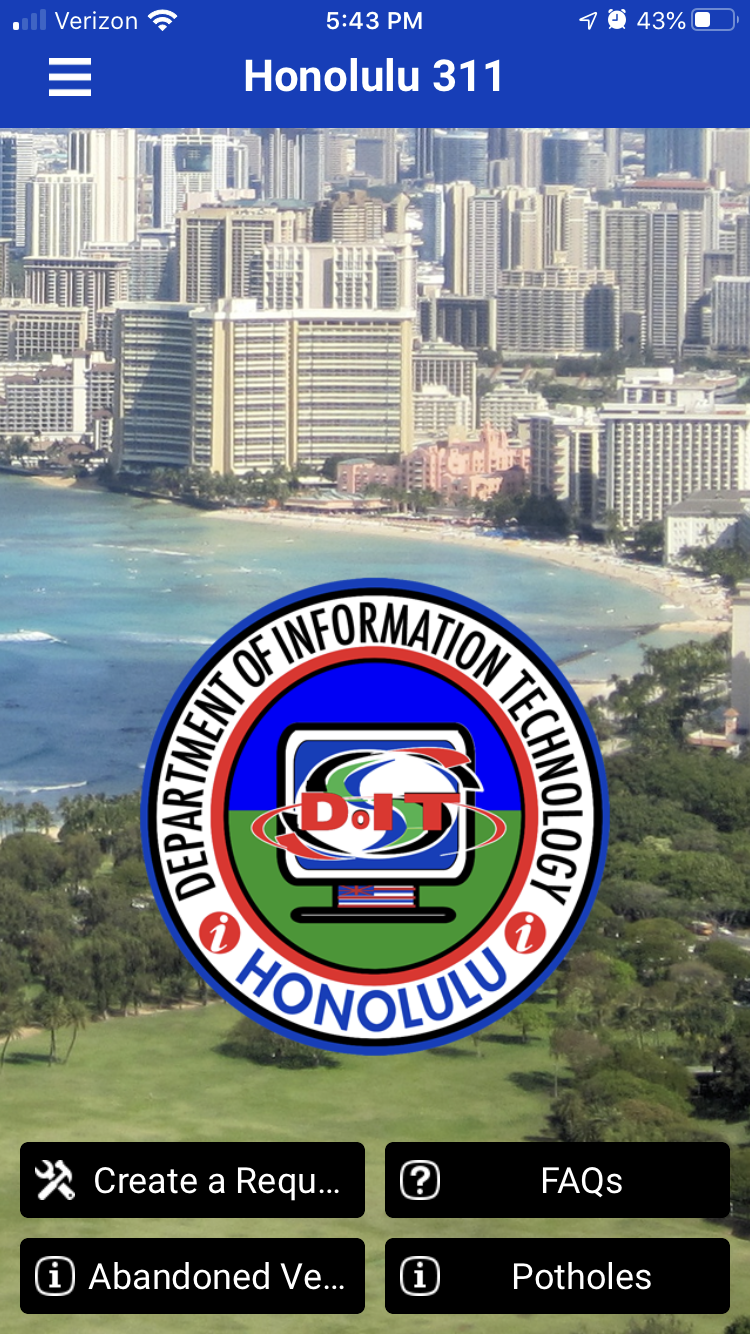
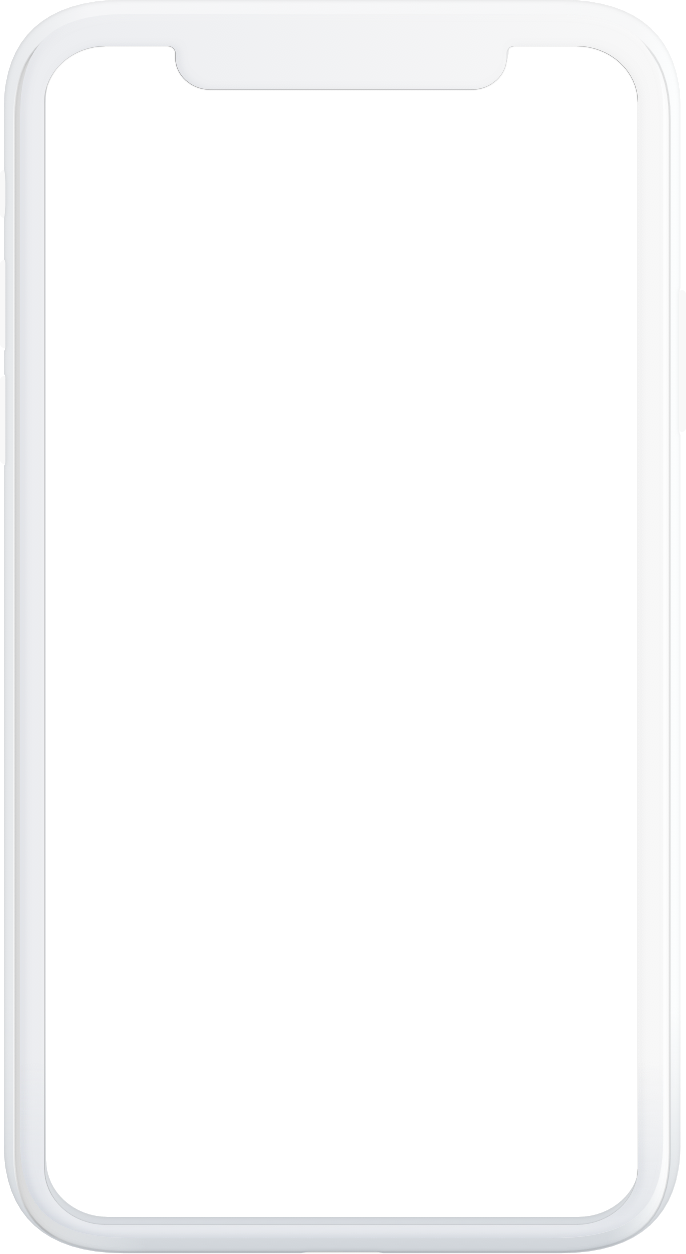
Government can't solve every problem. We need help from the community, and through apps like Rock Solid we can facilitate that happening.
Getting Started
With support behind the initiative, Forest began considering what kind of services the mobile app should provide and the key needs of a citizen on a mobile platform. One observation from Forest was that government does not have all the answers, and should be using existing technology to help leverage change within a city.
This kind of philosophy has not only driven innovation in the City of Honolulu, but also across all levels of government. By opening up more channels of engagement and tapping into and extracting knowledge from citizens, government can work to address some of its more critical and complex challenges.
When asked what the driving factors were behind the mobile app, Forest stated that the motivation was not just to improve transparency; a key motivation for development was a desire to move towards improved citizen engagement. Forest states, “Transparency is a large factor, but citizen engagement is the ultimate goal. If we make it easier for people to take bigger leadership roles in in their community, then we all win."
Why Honolulu Chose Rock Solid
Honolulu is not the first city to implement a mobile app. Across the country cities have been working to develop mobile applications to encourage transparency and citizen engagement, “We had been watching other large Cities like San Francisco and New York launch great 311 sites and wanted to do something similar,” said Forest.
Honolulu and New York are very different, so when asked how they arrived at Rock Solid for their app, Forest stated, “We have a very small operating budget compared to those cities so we had to be smart and creative in our approach. Rock Solid was a cost effective way to start the process, it was fairly quick to set up and launch.”
One of the challenges with mobile technology for government is that by developing a mobile app, government may inadvertently perpetuate the challenge of closing the digital divide. “In Hawaii we have a large adoption of cell phones, especially smart phones... The low-hanging fruit is people who are connected via social media or who love apps. The end goal however is to engage people who might not necessarily be into social media but do want to take a bigger role in making their community the best that it can be,” stated Forest.
Impact
The City of Honolulu has already seen positive impacts from the app, especially in terms of engagement and the way people view their government.
Award-winning citizen engagement
"We've seen a big change in the way people view the City and County of Honolulu in the past year," said Forest. Further, the City of Honolulu has received a lot of positive press and awards around the launch of Honolulu 311. Forest noted that the City received a Sunlight Award for government transparency and Honolulu was also named the number one digital city by the Center of Digital Government. Forest also identified that he has seen participation and citizen interest increase in events such as CityCamp Honolulu and Hackathons.
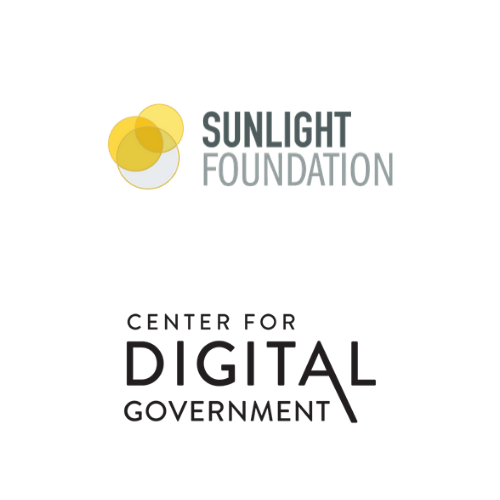

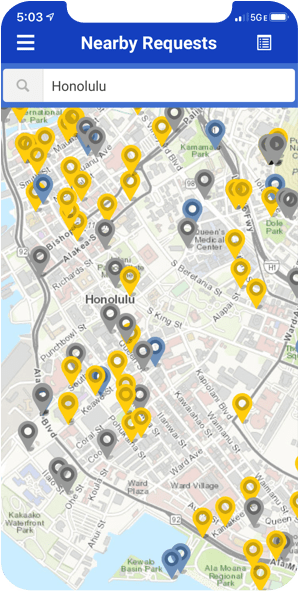

Seamless internal processes
Forest commented, “The biggest challenge was the responding agencies being worried that there would be a flood of reports coming in via smart phones. Once we talked through the process, and they saw that the information their getting is actually much better then what could come from a traditional phone call they were more accepting of the idea.”
Forest provided some insights to those seeking to implement a mobile app into their community, “The first thing is you have to build trust from within. You can’t launch an initiative like this without first working with the agencies that will be responding to the complaints. The next is to do lots of outreach to community groups, media, and techies, so when you do launch, people are paying attention.”
Improved Service requests
The Honolulu 311 App has features which have the potential to transform citizen engagement for the community. Forest stated, “The combination of using GPS data, a picture, and overlaying that on a GIS map makes it a lot easier for staff to get the necessary information needed on what is being reported. We’ll be able to cut out redundant steps that intensive manual paperwork creates. The app itself is fairly intuitive. We like the ability for a user to enter additional text, it helps our staff better assign the report to the responding agency.”

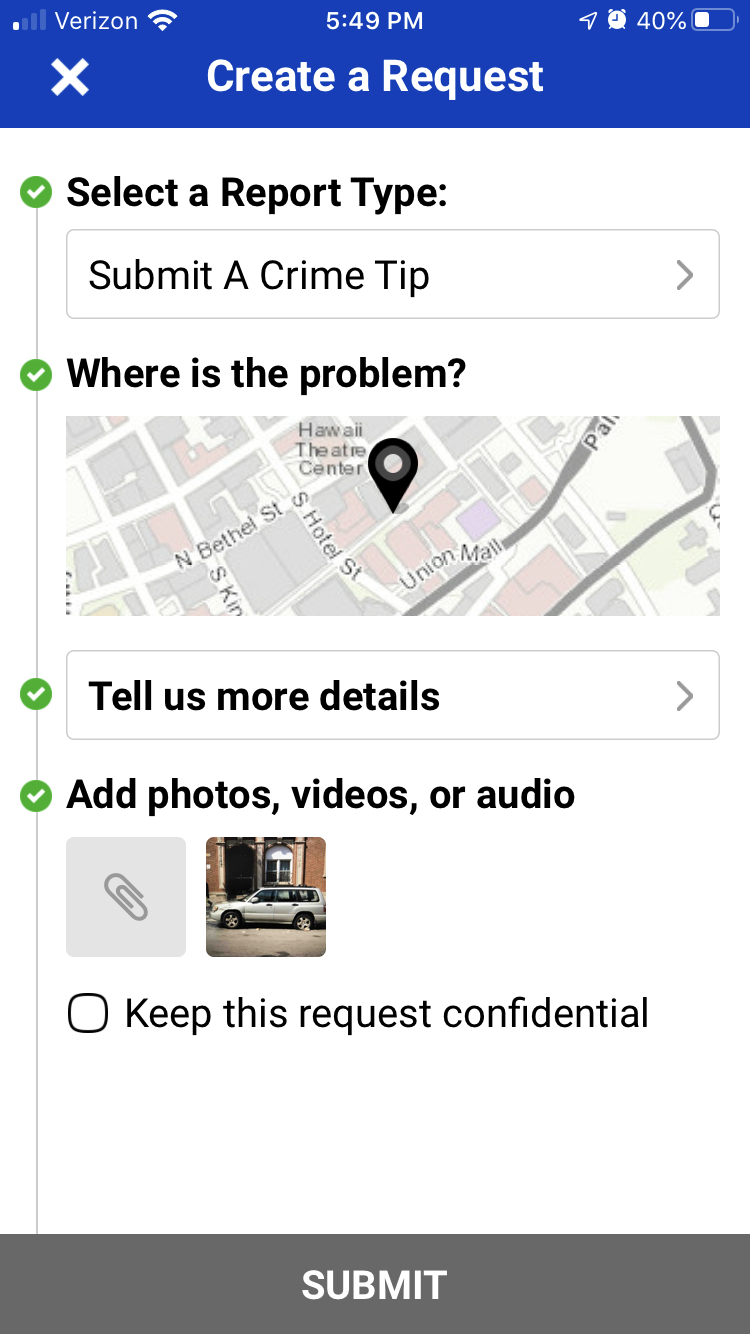


%20(1).png)

311 Solutions on a tight budget
Like many other local governments, the City of Honolulu is strapped for cash. Because of the tight fiscal environment, Honolulu could no longer afford a traditional 311 call center, which most cities provided.
Forest acknowledges the benefits of using a mobile 311 system. "Using technology like mobile apps and social media adds a layer of 'real time' communication between the public and government. We've been working really hard the past year and a half to facilitate change and give our citizens a voice in what is happening in their community. We want people to be more engaged and feel like their voice and concerns matter, but more importantly empower them to be part of the process."
We have a very small operating budget compared to [cities like New York or San Francisco], so we had to be smart and creative in our approach. Rock Solid was a cost effective way to start the process, it was fairly quick to set up and launch.

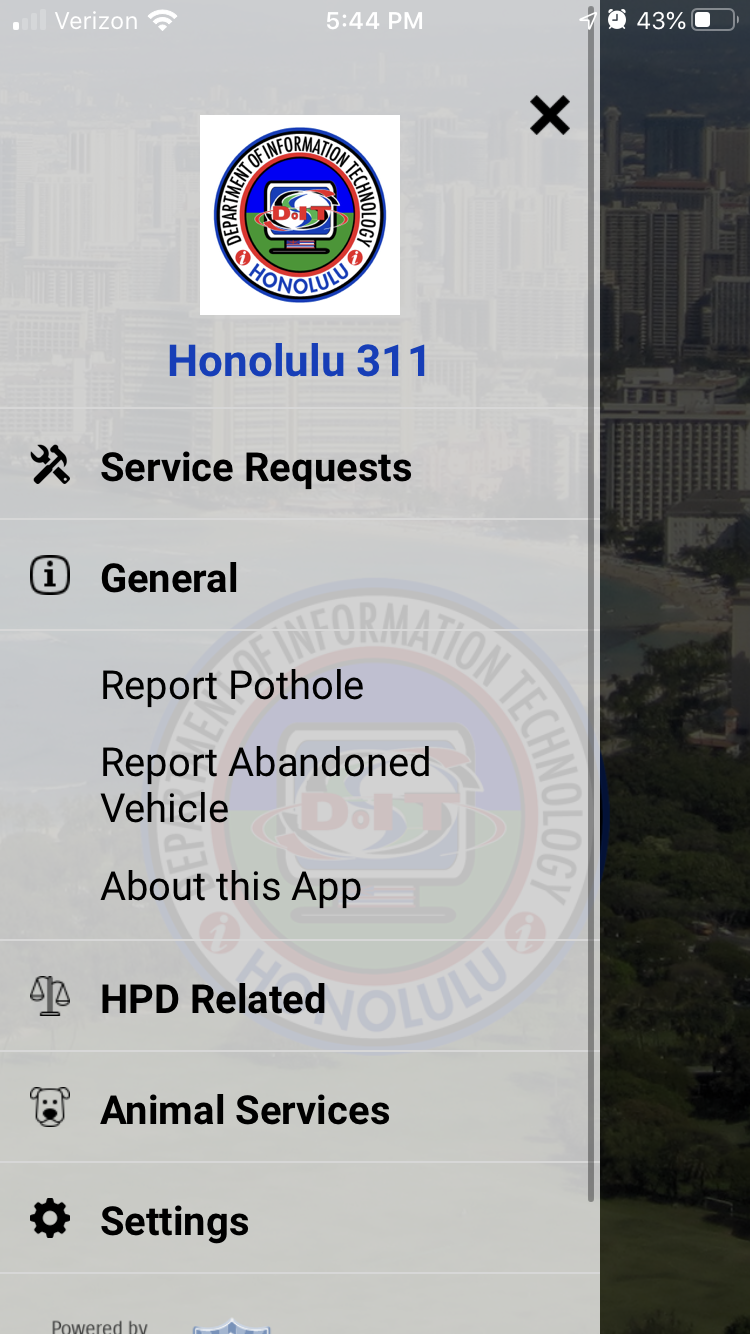

How can Rock Solid help your city?
Communities all across the globe rely on us to facilitate collaboration between government officials and residents. We strive to help you deliver the best possible engagement experience for your citizens.